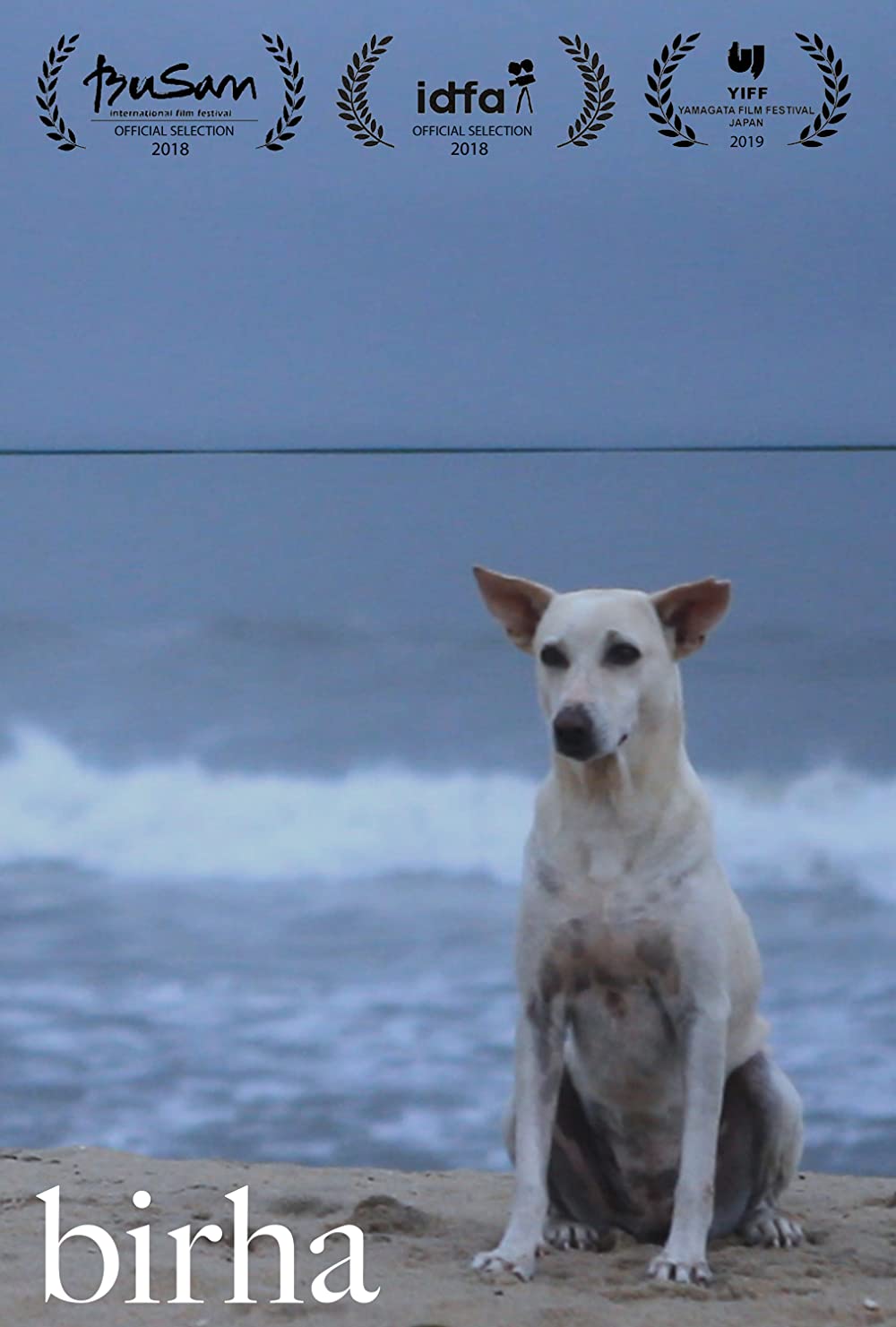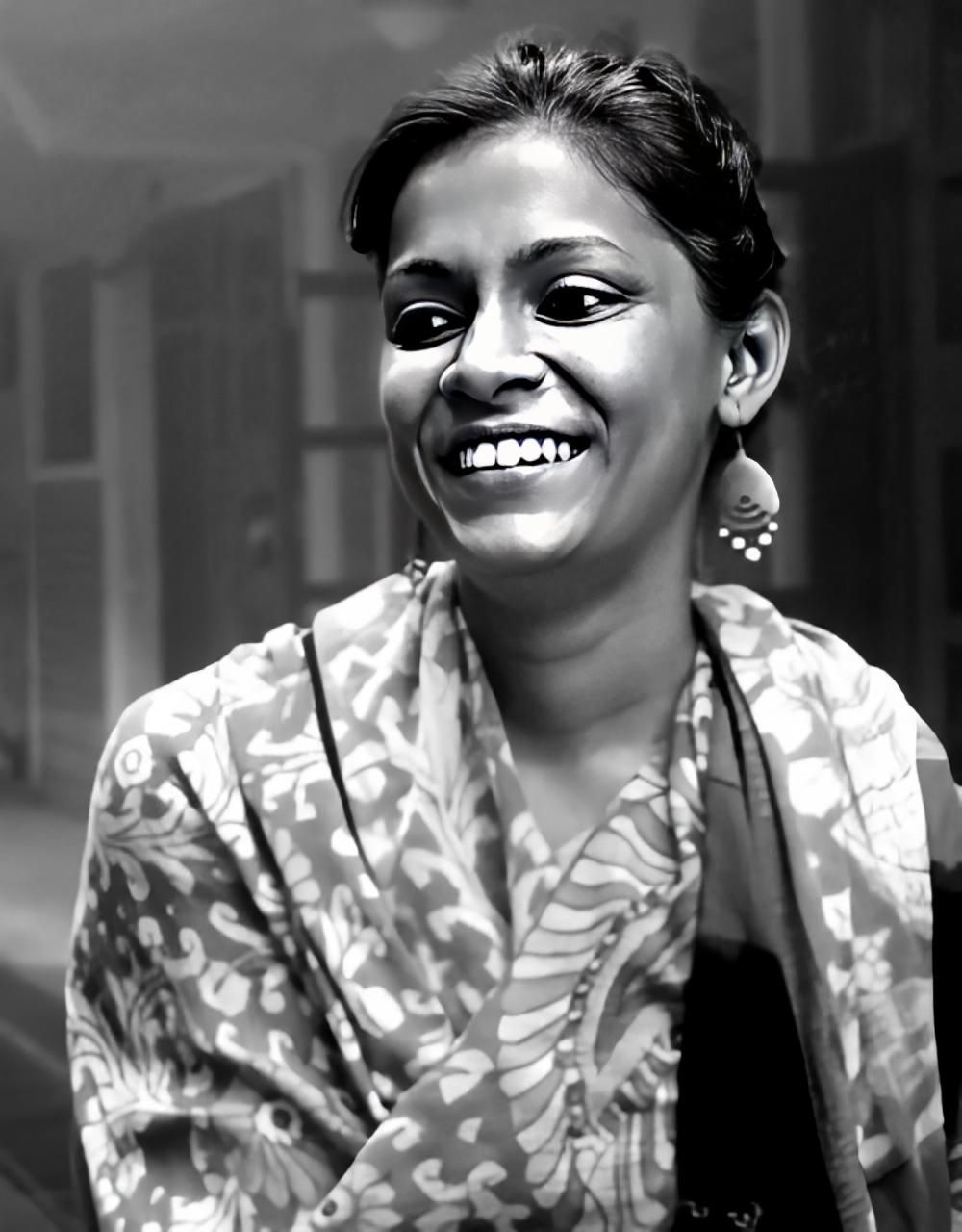
December 6 16:00-18:00 CET/20:30-22:30 IST
(Ekta Mittal, 80 min, 2018)
In a faraway village called birha, missing people, mothers and tired lovers yearn to see beyond the mist. They meet each other in impenetrable silences and endless mourning. They curse the moon for witnessing their insomnias. birha situates itself in a season of waiting, climate of uncertainty: where only a loud screech can register distance between loved ones.
birha is the grief, agony and anguish of separation, derived from Punjabi Sufi Poetry. Guided by Shiv Kumar Batalvi's birha poetry, the film captures the pain, lamentation and yearning caused by separation. The film searches for missing people, who left their homes to work in faraway cities, and have still not returned. The locations are not marked, characters are not named, birha situates itself in a season of waiting and a climate of uncertainty.
Ekta Mittal in conversation with Nicolas Jaoul (CNRS, Paris) and Nicole Wolf (Goldsmith's College, London)
 |
Ekta Mittal co-founded Maraa, amedia and arts collective in Bangalore (www.maraa.in ) in 2008. She works there as a practitioner, researcher, curator and facilitator around issues of gender, labour & caste in rural and urban contexts. She also works with creative practices in public space, through independent production and collaborations with other artists. She has been making films around labour, migration and cities since 2009. Her recent film birha is about separation and longing in the context of migration. |
| Nicolas Jaoul is an anthropologist at the CNRS (France), specializing on the anti-caste movement in India on which he published a number of articles in academic journals. He followed the teachings of Jean Rouch in Nanterre and is interested in the links between documentary cinema and ethnography as well as in the aesthetic contribution of film makers to political subjectivities. Filmed during his thesis fieldwork at the end of the 1990s, "Sangharsh (Strife)" (Sister Productions, 2018, 105 minutes), his first film, portrays the political activism of the Dalit Panthers in the late 1990s Uttar Pradesh. His second film “Bariz (Paris). Street camp days” (Iskra Productions, 2020, 69 minutes, highlights the mobilization of newly arrived immigrants in Paris, where they squatted on the streets and defended their rights as asylum seekers which were denied by the french government. | |
| Nicole Wolf (Berlin/ London) is Senior Lecturer in Visual Cultures at Goldsmiths, University of London. Her research, pedagogical and curatorial projects have concentrated on political/feminist cinemas in South Asia, within anti-colonial struggles and more recently on decolonial agri/cultural practices and a Cinématics of the Soil. Recent publications are “Is this just a story? Friendships and fictions for speculative alliances. The Yugantar film collective (1980-83)”, in MIRAJ 7.2. “Fugitive Remains: Soil, Celluloid and Resistant Collectivities”, with Sheikh, Shela; Ros Gray; Filipa César; Raphaël Grisey, and Bouba Touré. In: Cooking Sections, ed. The Empire Remains Shop. New York: Columbia Books, 2018. “In the Wake of Gujarat: The Social Relations of Translation and Futurity”. Critical Studies, 4, 2019. She is editor of Grenzfälle, the first book on Merle Kröger und Philip Scheffner’s film and literary practice. |
https://vimeo.com/347396065
Video password: nooran
The online screening discussion of Birha will take place on Monday, 6th December 2021 from 4.00 -6.00 PM CET / 8.30 -10.30 PM IST:
